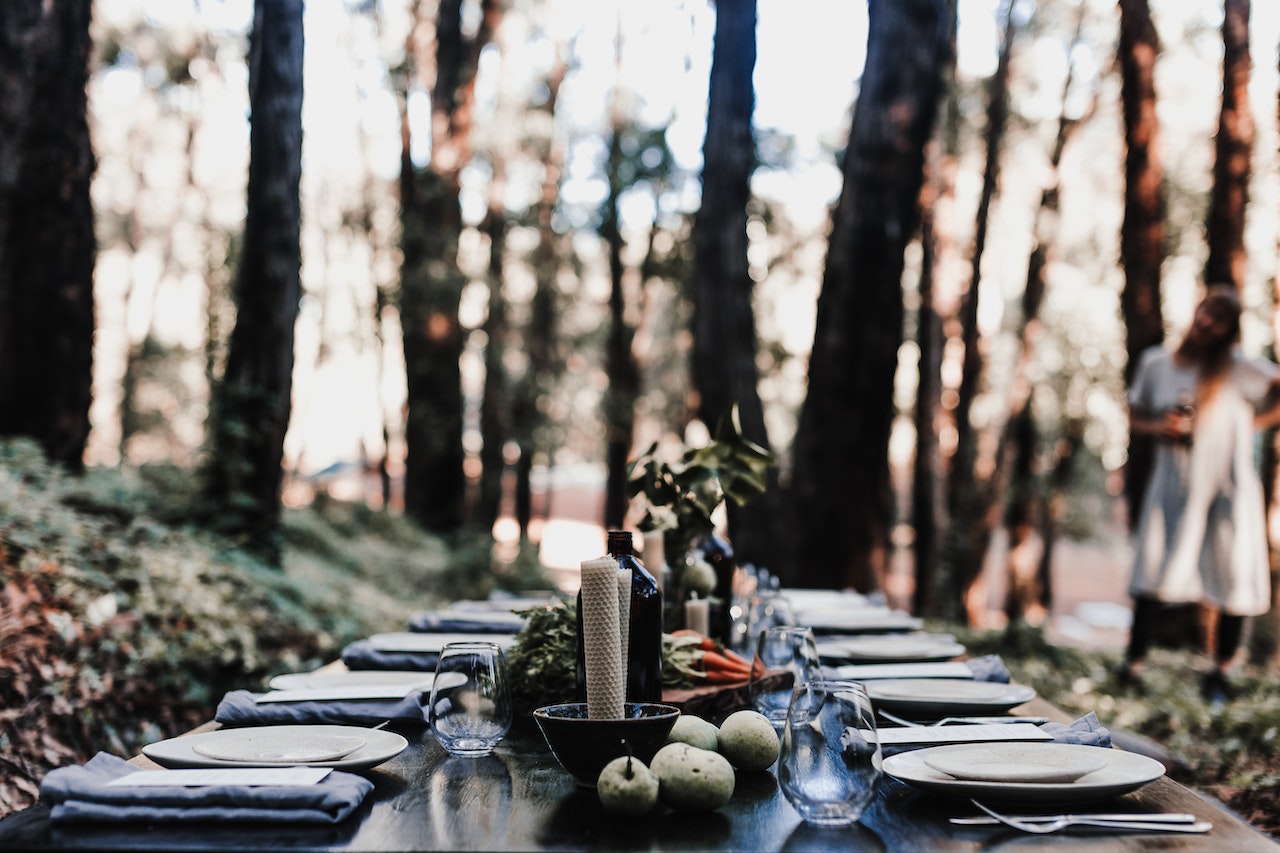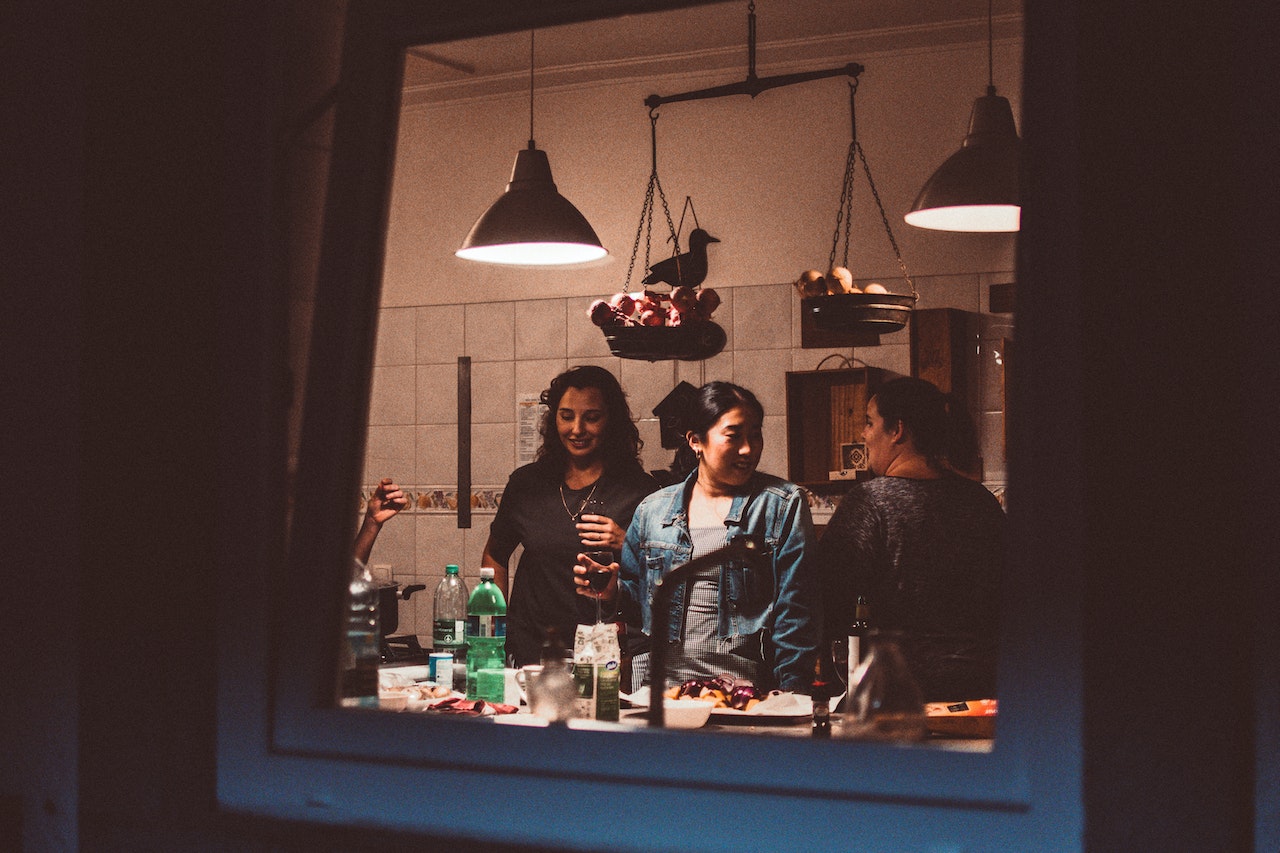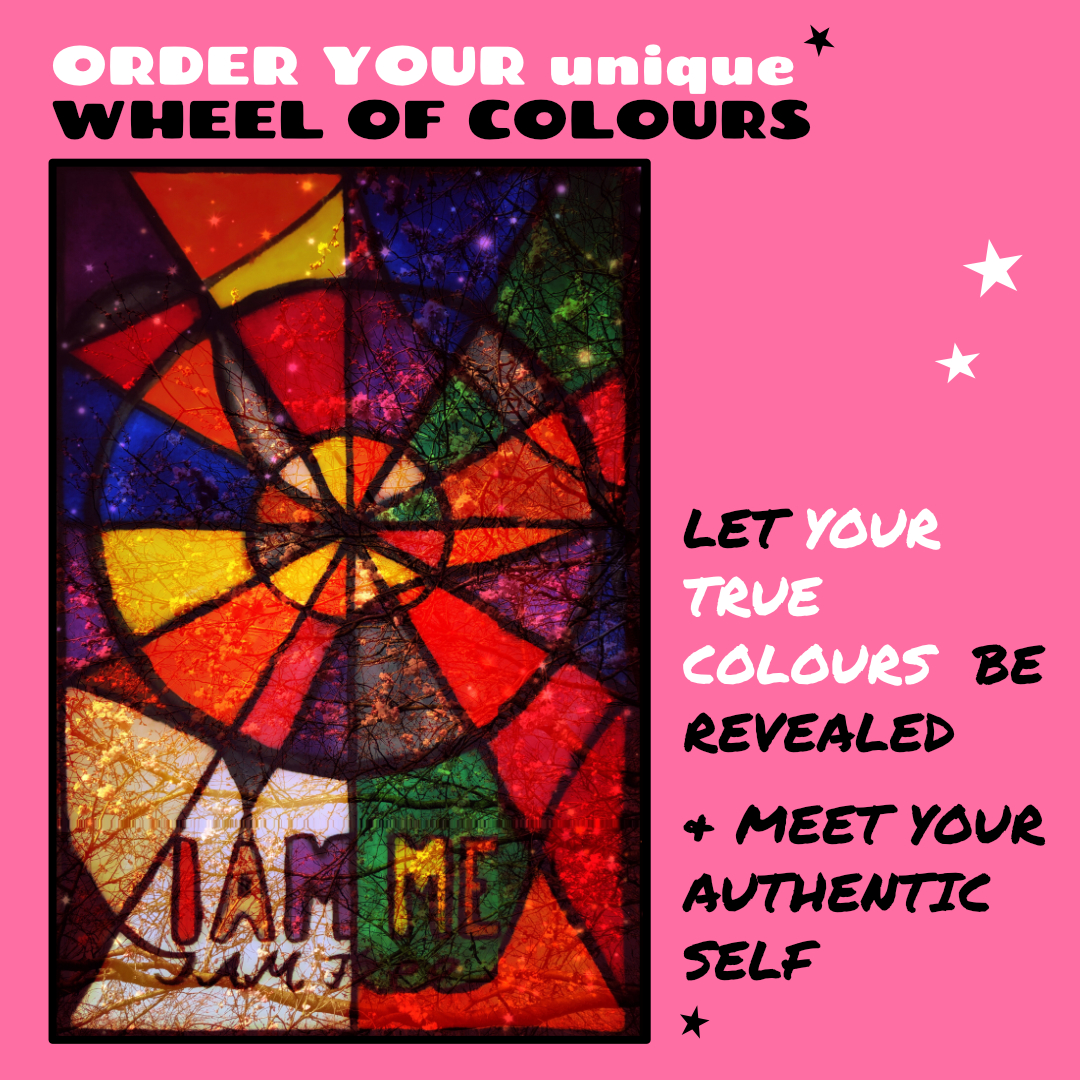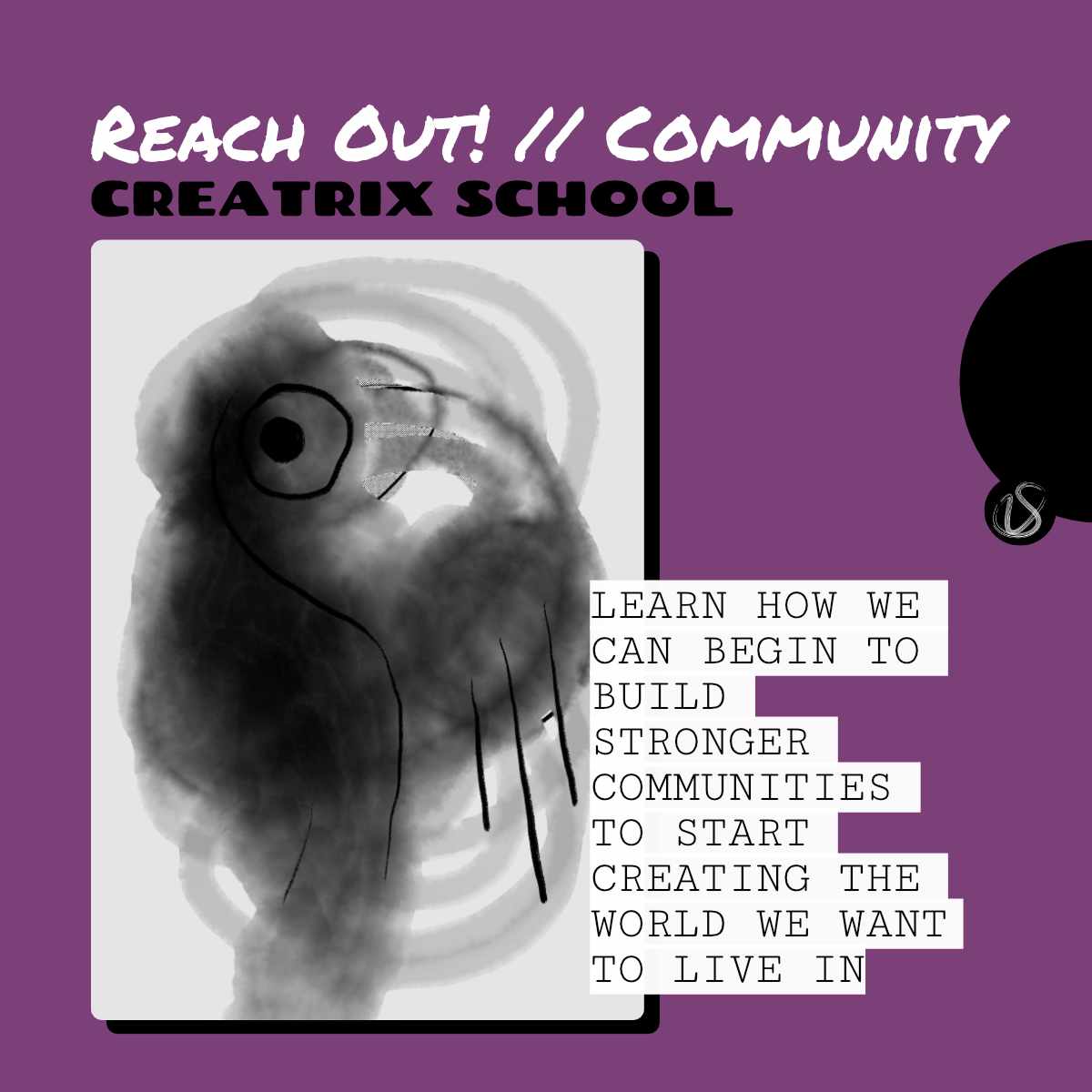Photo by Rachel Claire from Pexels.
Why a Sacred Kitchen?
Because we are sacred beings and with a sacred kitchen, we can learn to take care of ourselves and anchor ourselves in the present moment.
In 1237 Zen master Dogen finished his book Tenzo Kyökun or Instructions for the Zen Cook.
He wrote this book for the people cooking in the monasteries because their role was and is key to the well-being of all who eat in the monastery.
The same is true for us. What we eat and how we eat has an immense importance for our health and well-being. Yet, it’s often an afterthought.
If we cannot take the time to cook for ourselves and nourish ourselves consciously, it’s a clear sign that our life is out of balance.
I’ve been studying healthy eating for some years now, and one of the most remarkable realizations about the relationship between food and health or well-being is, that how we eat is seemingly as important as what we eat.
Eating mindfully, eating in community, eating joyfully, to make each meal an event – how we treat ourselves when it comes to food shows how much we value ourselves – and it has effects on our health and longevity.
Now, if you don’t have a healthy eating practice yet, or maybe never had one in your life, don’t worry, everything can be learned.
It’s never too late to start creating a sacred kitchen
In these posts and in my work in general, I try to be as practical as possible, so I’ll share a few things you can start implementing right away.
Few people, in the West, grew up with a healthy food culture and many of us have lost touch with where our food is actually coming from.
I was lucky enough to live in a Ukrainian village for a year, in an area that was so poor (unemployment rate at the time was 80%) that people had to grow their own food.
It was the best food I ate in my whole life. And most of all, I had the opportunity to learn what it takes to support yourself and how to live with the seasons and what nature provides. What I would give to get a tasty tomato from there now!
Since then, now more than twenty years ago, I have been dreaming of growing my own fruits and vegetables, a dream that finally came true last year.
This is the first summer I feel the blessings of picking a lot of what I need to cook from my kitchen garden. It’s such a joy!
And while I just said, that people in the village in Ukraine, in which I lived, were so poor that they had to grow their own food, I’m glad to see that we are also overcoming this dichotomy.
My grandparents were farmers, my parents still grew up with home-grown food.
For them to get store bought food was a luxury that soon became normality and with them working in different fields, growing your own food became connected to not having any other choice – because you can’t afford anything else.
And that’s how I learned to see it as well. But that doesn’t make it true.
Even when I first came to Ukraine, I saw that while people might not have as much money as my family and most people in Germany had at the time, they were much richer in many other ways.
They were rich in community, love, spending time together, paying attention to detail, giving care to all that was there.
I really learned what it meant to be present and there for each other there.
And there was so much creativity and spontaneity and action as well.
Of course, there was suffering too. Having to depend on the weather to make sure you have enough to eat can be devastating.
But while they saw and experienced this right away, we have to deal with that truth as well, it’s just hidden so well, when everything is available at the supermarket all year around, that we forget.
And with forgetting that fact, with forgetting how everything is connected, we much too easily also forget to take care of our environment.
Many of us have forgotten how much our choices matter and that we are responsible for our own fate and that of humanity.
That that thought alone causes people to feel stressed, is a clear sign of how much connection we have lost and that something has been going wrong for too long.
We are 100% responsible for our own lives. The same way, we were 100% not responsible for how we were raised or what we have learned and experienced as children.
In our Western world, we lack proper rituals to mark the transition from child to adolescent, or from adolescence to adulthood and the change in responsibility that goes along with it.
Which is why many adults I see still live like they are rebelling teenagers, fighting against their responsibilities, feeling like they are entitled to care from the outside world to heal their wounds and fulfil their needs.
No one owes us anything, but we owe everything to this world.
Having and taking on responsibility is a gift. It roots us to the earth, it connects us to the people around us, it gives meaning to our lives.
And the kitchen, creating a sacred kitchen, is a perfect place to start returning to that connection and responsibility.
To grow our own food is obviously not necessary to start building a new relationship with food, or creating a sacred kitchen, though I would highly recommend it to anyone who has the chance.
Even if it’s just some herbs that you grow on your window sill. Meet your food. Be grateful. Learn where it comes from and how long it takes to grow. It makes such a big difference.
Yesterday I wrote about what is most important, when it comes to sleep. The essentials there were: no food and electronics right before bed and to go with the circadian rhythm.
There are some simple rules, that you can start implementing right away, when it comes to food as well:
- no factory farmed animal products
- limit your sugar
- limit processed foods
- more organic vegetables
The first one is quite obvious, I suppose. Factory farmed animals suffer and they are not healthy. Their bodies are kept alive with antibiotics and if we eat their meat, we eat their stress and their antibiotics, none of which is nourishing.
Especially in Germany, it is not very easy to find products without added sugar, though I can see that with more awareness this is changing.
Our bodies can handle some sugar, but not sugar in everything that we eat. So, wherever you can, try to avoid it.
A good rule to go by is the 80/20 rule. 80% healthy, 20% whatever you want.
Next to sugar, processed foods often contain ingredients that are not good for us like highly processed vegetable oils and most importantly they are not designed to nourish us, but to leave us wanting more.
A lot is changing here too, and especially new companies and start-ups are offering locally produced packaged foods which are good for us as well; however, it often comes wrapped in plastic and that is another consideration altogether.
As you can see, this is a quite complex topic and I will go into more detail on the different subjects that I’ve mentioned here over time, but what is most important is to remember when it comes to creating a sacred kitchen, or anything else really is that wherever you start to change things for the better for yourself is the perfect place to start.
Don’t get overwhelmed and give up all together. Every element counts, and so does every choice.
So, even if you had something not so healthy earlier today, don’t say: I’ll start with making healthy choices tomorrow.
Start with making better choices next time you eat or shop. It’s always the right time and you can’t ruin it. You can only do better.
And it’s much easier to exercise your willpower at the shop than at home, so start with making conscious choices there.
One more note for today:
I grew up with my parents, grandma and great grandma. My great grandma survived two world wars, my grandma one. They’ve both been hungry and didn’t have any food for long periods of time, and wasting food was a no no when I grew up.
But there is a really important distinction to make here:
While wasting food, as in shopping more than you can eat and regularly having to throw away good food because you can’t eat it is obviously not ideal, your body is also not a garbage can.
So if you have food at home that is not good for you, by all means, do throw it away and don’t just eat it because it’s there. Even if it’s a bag of sweeties that you love.
Try seeing your body as a temple. A representation of your self-worth.
Treat yourself like you want to be treated.
Treat yourself like a person that you love.
If you struggle to love yourself, which is usually the case if we struggle with making wise food choices, start here to learn how to treat yourself with love and respect. A sacred kitchen is such a good place to start.
See every time you eat as a gift of life and well-being that you give to yourself. Because it is.
Be kind to yourself.
The more you ask yourself whether you really want or need something, the clearer the answer will be and the healthier your diet will become.
Trust yourself.
Photo by Lisa Fotios on Pexels.
What’s a sacred kitchen?
To me, the idea of a sacred kitchen is to move how we see and interact with food from a profane necessity to a life-affirming ritual. Every time.
This can start by saying thanks before we eat, recognizing all the efforts that went into what we are eating. It helps us to come back to the present moment, to see where we are and what we do.
A sacred kitchen also means becoming aware of what we eat, where it is produced and under what circumstances.
Even if we wouldn’t be concerned about the environment, to buy fresh produce locally has many more nutrients and benefits for us than packaged vegetables which have been shipped around the world.
It all comes together in the kitchen. We all have to eat every day, so we might as well make it a celebration.
If you think you don’t have the time for that, or you struggle with the self-love required to treat yourself, book an appointment with me, so we can figure it out together or join the I AM CREATOR School, where we will work out how this may work best for everyone as well.
There is always a way, and the most important thing is to start. This is also true when creating or even just starting to think about creating a sacred kitchen.
Each of us, even you, has the ability to change anything we want, we simply might not know how yet.
This is true for your sleep routine. This is equally true for how you eat.
If you decide to work towards a sacred kitchen for yourself as well – I’m here to help you figure out the how.
I dedicate my life to helping people learn the fundamental things to live happy, healthy and free lives because I believe that this is what we’re here for and because I believe that we need to find more love and patience for ourselves and each other if we want to save our planet as well.
We are not here to cope and struggle to get by – we are here to enjoy our lives and experience them fully, and to share that love and joy with others.
Are you living your best life yet? Is it time to start? I’m looking forward to meeting you.
Join me on a TRANSFORMATIONAL 12-MONTH JOURNEY to overcome anxiety, overwhelm and stress and start living a generous life.









